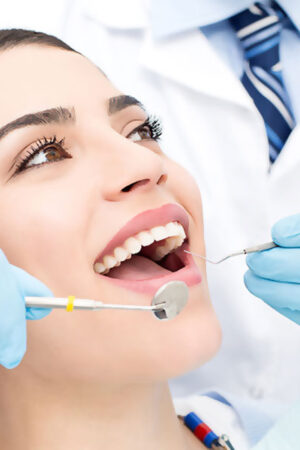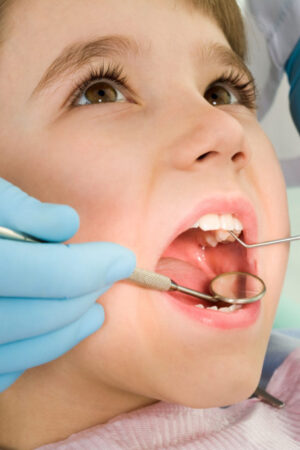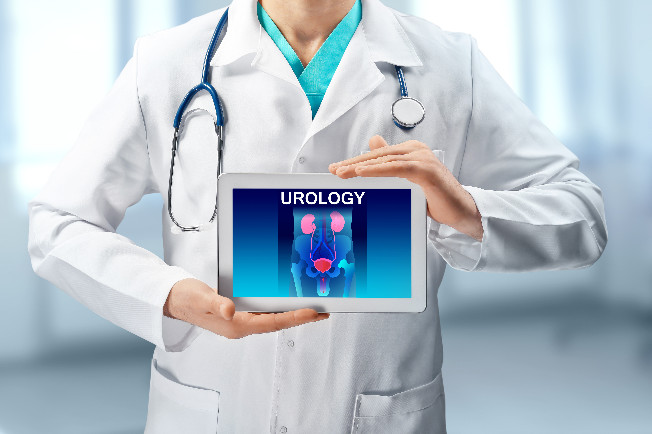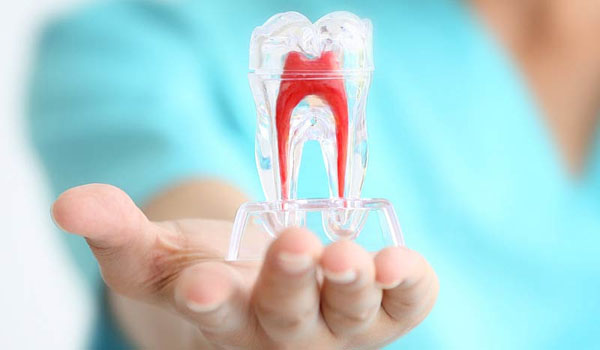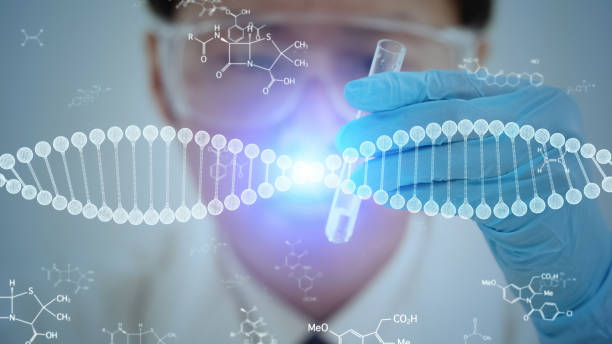Among older men with low testosterone levels, testosterone therapy may provide benefits in sexual function, mood, bone density, and muscle tone. However, there are also side effects. Some men report symptoms of a testosterone deficiency including low libido, fatigue, depression, hair loss, increased body fat, low muscle mass, and a decreased sex drive.
Testosterone therapy is considered safe for men with severe, clinically significant levels of low testosterone. However, it should be monitored to ensure levels rise and a doctor should be consulted to assess the risk of side effects. Men with a high risk of prostate cancer should also be evaluated to determine whether they are candidates for testosterone therapy.
Testosterone Therapy can be administered by injection or patch. It is also available in the form of a gel, which is absorbed through the skin and can be applied once daily. Several types of testosterone gel are available, including AndroGel, Testim, and Natesto. The gel is available in a clear packet that can be easily applied to the skin.
Testosterone therapy has not been shown to be effective in treating erectile dysfunction. A study of testosterone treatment in men with age-related memory problems found no difference in memory performance between the men who took testosterone and those who did not. However, studies examining the effect of testosterone on breast cancer have yet to be completed.
Testosterone therapy also has the potential to increase the risk of cardiovascular disease. Studies have shown that testosterone therapy increases non-calcified plaque in blood vessels supplying the heart. This plaque can narrow the arteries, which may contribute to cardiovascular disease. The risk of cardiovascular disease was higher in men younger than 65 years. Men with a diagnosis of hypogonadism were also at increased risk.
A study involving 83,000 patients in the U.S. found testosterone treatment to be safe and associated with modest increases in bone density. However, it was not found to be safe for men with a history of heart attacks. This study also excluded men who had undergone surgery or treatment for cancer. Testosterone therapy should not be given to men who are at high risk of prostate cancer or who have had a recent heart attack.
Testosterone therapy is also used to treat men with high red blood cell counts. High red blood cell counts increase the risk of blood clotting and are considered to be a risk factor for cardiovascular disease and stroke. Testosterone therapy was also associated with an increase in venous thromboembolism. However, this association was not statistically significant. It is therefore possible that testosterone therapy is safe for men with a history of heart disease, but it should be approached with caution.
Testosterone therapy is controversial and it should be approached with caution if you are at high risk for prostate cancer or have a history of heart disease. The risks of testosterone therapy are small, but they add up over time. However, the benefits of testosterone therapy may outweigh these risks for men with a low testosterone level who are in good health.
